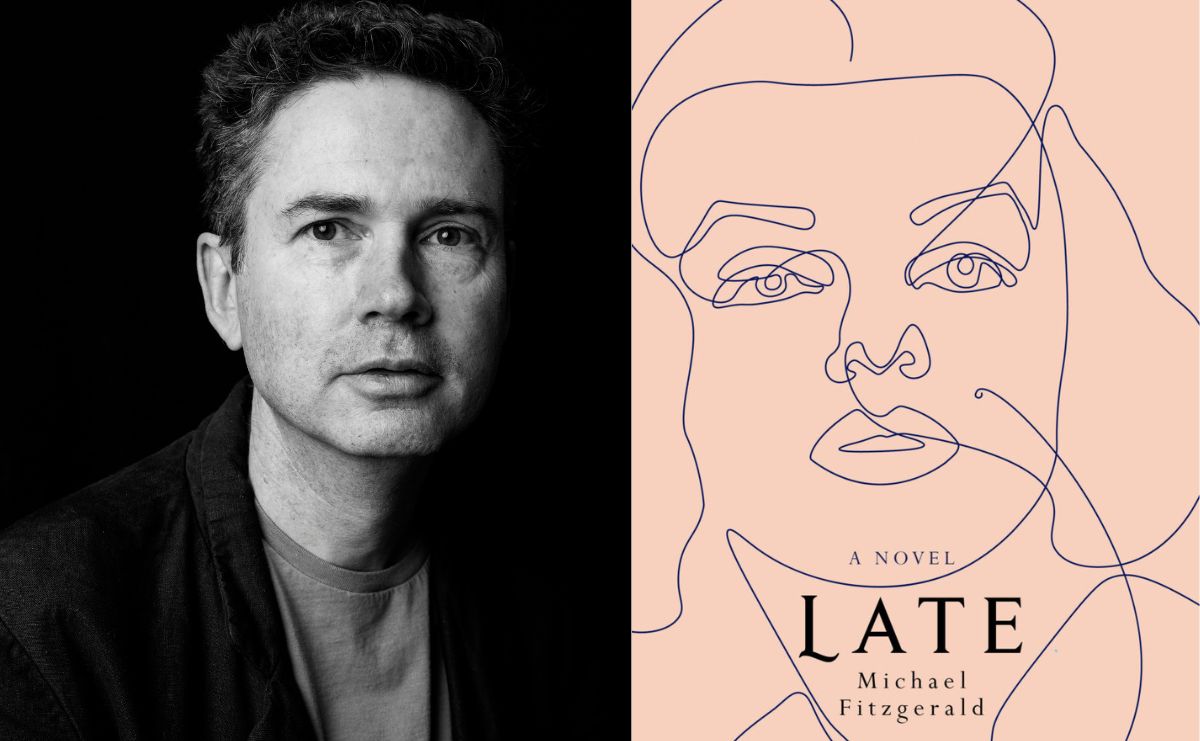Set in Sydney in the 1980s, Michael Fitzgerald’s third novel looks out through the eyes of Zelda Zonk. She is an American actress with a reputation for forever being late – which, for her, is less a condition of delayed arrival and more a state of being, like ‘the looseness and the clarity you have before death’. Keen-eyed readers will swiftly understand that Zelda is an alter ego of Marilyn Monroe, and that Late speculates upon this simple premise: what would have happened if she had faked her own death in 1962 and gone to live in Australia?
In the decades since Monroe died, many have attempted to ventriloquise her – perhaps most infamously, Joyce Carol Oates, in her 2000 novel, Blonde – with varying levels of success, and fluctuating degrees of ethical consideration. In Late, Fitzgerald sidesteps some of the clichés that surround Monroe through his decision to give her agency in the novel. By choosing to write through the persona of Zelda, he gives voice to a version of Monroe that is both self-reflexive and incredibly camp.
The arrival of Daniel, a young gay man housesitting a neighbouring apartment, sets in motion a series of scenes that motor the novel. Through Zelda, we watch as the friendship between the two burgeons. They cook and talk together, soon realising that something that binds them together is their shared experiences of adoption and being orphaned. Both Daniel and Zelda are outsiders; they are aware of what it means for the body to be bent out of shape through the imposition of another’s gaze.
Alongside this plot runs a secondary narrative thread relating to the series of hate crimes and murders perpetrated against queer men in Sydney’s eastern beachside suburbs in the 1980s. The cliffs where these offences were committed form a geography of tension throughout Late; they serve as stress points that create a sense of threat, yes, but also release.
Late benefits from Fitzgerald’s research muscle – which is revealed in his notes at the end of the novel, as well as the frequent, fragmentary footnotes that populate Zelda’s thoughts on the page – and from his choice to treat his subject with the sort of respect she has, historically, not always been accorded. ‘What I have to say is important and personal,’ Zelda tells the reader. ‘Please promise not to start reading until you have the time and space to give it your careful consideration.’
This sense of urgency, as well as the plea for gentle contemplation, is what gifts Zelda with a sense of realism. She is neither Marilyn Monroe nor Norma Jeane Mortenson; she is a composite of both. Like most of the parts Monroe played throughout her career, Zelda is a fabrication in her own right: a persona that is enacted, or a mask that is assumed.
Read: So you want my arts job: Bibliotherapist
In Late, Michael Fitzgerald has achieved a novel in which time seems to clench. The reader is held within the frame of Zelda’s gaze, and given some insights into her mind. Densely intertextual in its scope, populated with literary and cultural references, Late is both witty and melancholic.
Late, Michael Fitzgerald
Publisher: Transit Lounge
ISBN: 9781923023024
Pages: 208pp
Publication Date: 1 October 2023
RRP: $32.99





